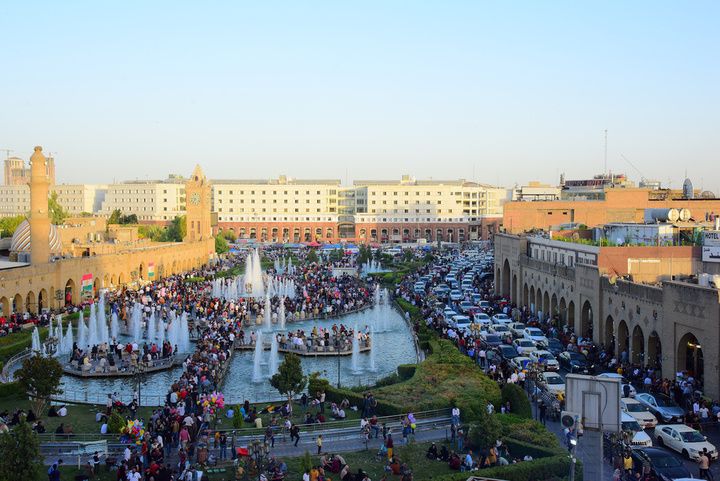The Kurdistan Region of Iraq has seen a significant increase in its population, according to preliminary results from the latest general population census. The region’s population now stands at 6,370,668, making up 14.02% of Iraq’s total population, which exceeds 45 million. This marks an increase from the previously estimated 12.67%, and it reflects a stronger demographic presence that advocates say should be mirrored in the region’s share of national governance and resources.
The new figures challenge claims that the previous 12.67% population share for the Kurdistan Region was too high, further validating the accuracy of the Kurdish population ratio. The updated census results indicate that a large majority, 84%, of the region’s population lives in urban areas, while 16% resides in rural villages. Families in the region average 4.3 members, with 1,379,163 families recorded.
In terms of gender distribution, the population is nearly evenly split, with 50.24% males (3,200,506 people) and 49.76% females (3,170,162 people). In the realm of family leadership, 88.14% of households are headed by men, while 11.86% are led by women. The region’s demographic profile also shows a youthful population, with 31.9% under the age of 15, 63.07% within the working-age group (15-64 years), and 4.4% over the age of 65.
The population growth rate since 2009 stands at 2.48%, and the region currently has 2,028,037 residential units. These figures reflect a growing and vital segment of Iraq’s population, with implications for the region’s role in shaping the country’s future. As the Kurdish population continues to grow, many argue that the region’s increasing demographic presence should lead to a larger share in Iraq’s political and economic affairs.

